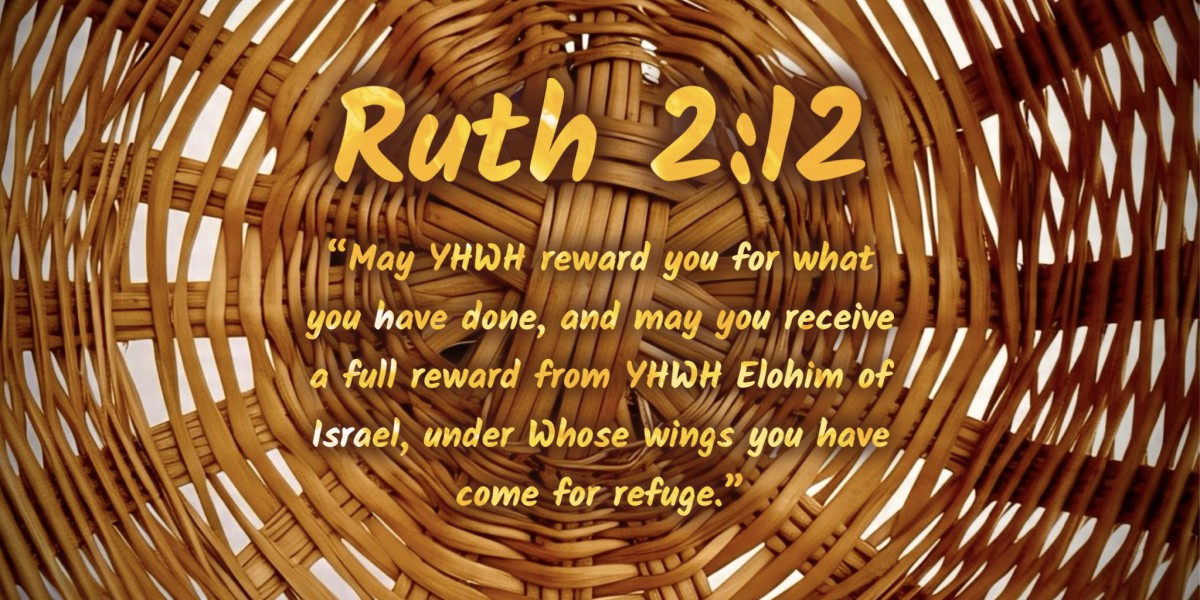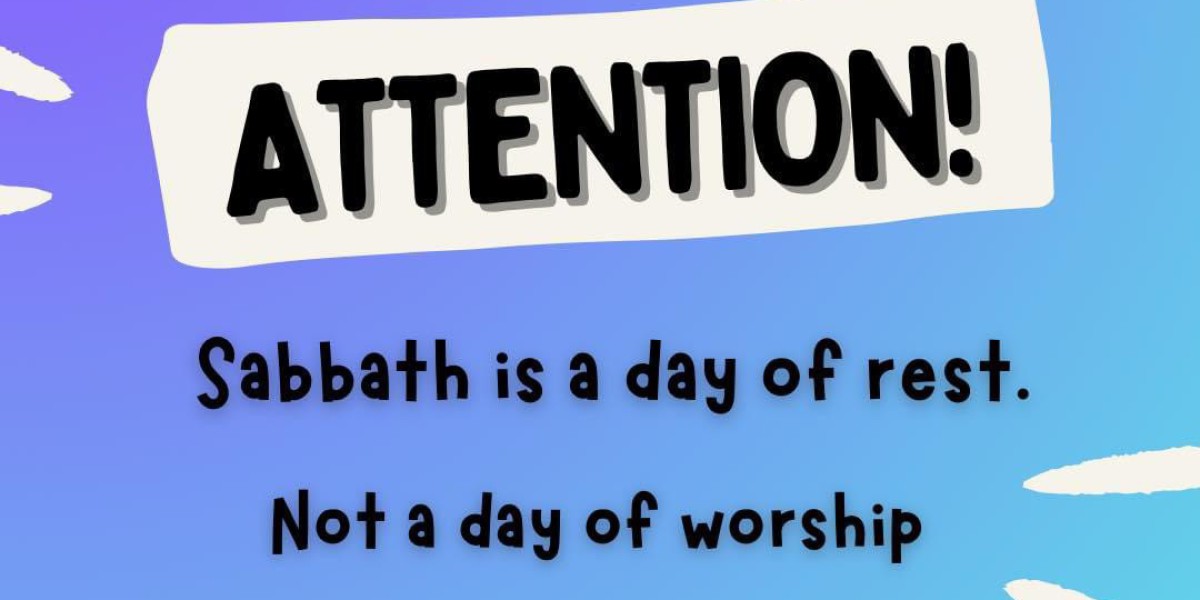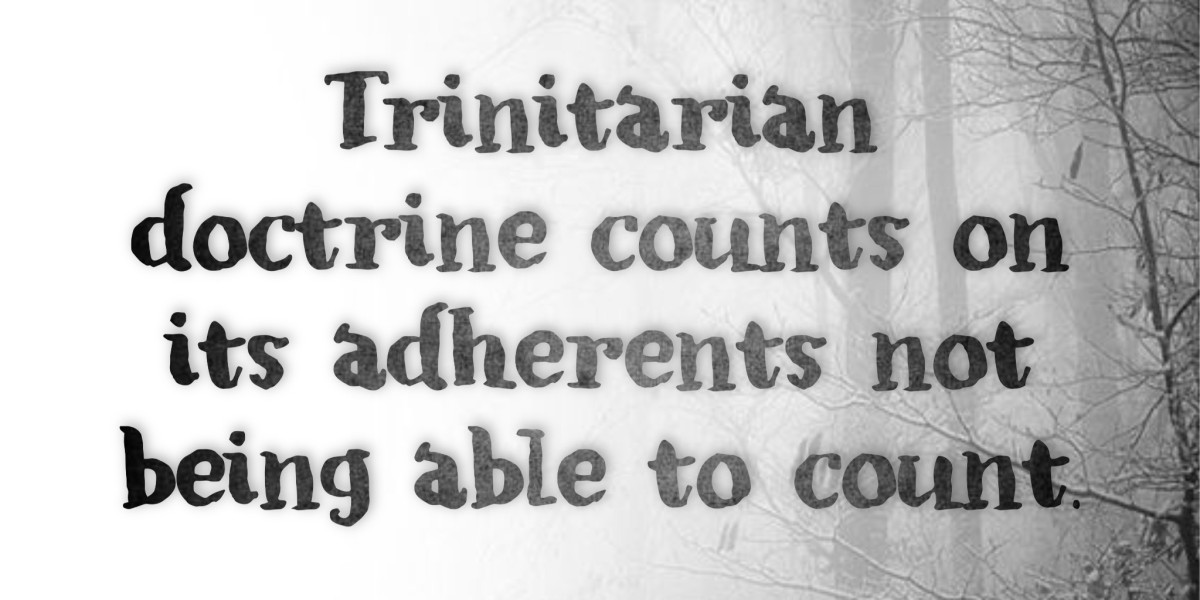The story of Ruth is so profound, especially for ones like us born beyond the covenant and grafted in after. It’s a story of mercy and also one that creates confusion for many people because of a seemingly insignificant detail to anyone who has not studied it in light of the Torah.
Deuteronomy 23:3 says “No Ammonite or Moabite may enter the assembly of YHWH; none of their descendants, even to the tenth generation, may ever enter the assembly of YHWH.
And Ruth was a Moabite.
If we don’t consider Torah while reading Ruth, we find this no big deal, merely a passing detail. Ruth is just a foreigner given grace, and a place in the people of the Most High, just like any of us today… And unless we know the rules and read them without amendment, we would never realize we are wrong.
The theological problem is that Ruth is considered a Moabite and is not allowed to become an Israelite, yet she is made so according to the story.
Many philosophical gymnastic moves have been attempted by theologians to justify why it was allowed but almost no one hits on the mark.
Speculation is raised that Ruth is allowed to become an Israelite because she is a woman and the command specifically addresses the Moabite not the Moabitess. When we see how such matters are addressed in Scripture, we find that it is very often the case when only the men are mentioned the instruction includes both male and female. Though other times it’s only the men when the men are addressed.
Some suggest that Ruth was not truly a Moabite by genetics but actually belonged to another people and was living in the land of Moab. And still, others propose that an exception was made for her because of her humility and holiness.
However, no hoops are needed to jump through when we simply read the story of Ruth in its grammatical, historical, and cultural context.
We know that it was the time of the judges, and we know what that time was like from the record of the book of judges. “In those days there was no king in Israel and everyone did what was right in his own eyes.” (Judges 21:25)
Elimelech took his wife Naomi and their two sons, Mahlon and Chilion to Moab to escape a famine in Israel.
We can’t know for sure which judge this was under or which famine though some guesswork has been made.
But what we do know is that in Moab both the sons married Moabite women. One Orpah and the other Ruth.
All three men died by unknown causes at unknown times, though we know from later details that Mahlon and Chilion were young when they passed and neither produced children.
Orpah at the urging of Naomi returns to her father’s house and her old ways to marry a Moabite and remain a Moabitess. But Ruth refuses to go away from Naomi and not only refuses but does so with oath and in the Name of YHWH.
“And Ruth said, ‘Intreat me not to leave you, or to return from following after you: for where you go, I will go; and where you stay, I will stay: your people shall be my people, and your Elohim my Elohim: Where you die, will I die, and there will I be buried: YHWH do so to me, and more also, if anything but death part you and me.”
(Ruth 1:16-17)
Most of the arguments on why it was alright for Boaz to marry Ruth is discussed on later basis but here in the first chapter is everything we need to know.
It was not only allowed for him to do so but required.
Elimelech brought his family to Moab. We don’t know why he chose that land but it was clearly the wrong place for them to be, among a people they are not allowed by Torah law to mingle with. Interaction is allowed but they had two unwed sons and they brought both to a land where it is forbidden to intermarry with its people.
And what happened? What obviously would happen. Both boys married Moabite girls. Maybe they didn’t know the rule since Torah wasn’t being taught let alone enforced in those days. Or maybe Elimelech did not care to obey.
We can not say. Maybe the boys didn’t know they were engaging in evil by marrying Moabite girls but they nevertheless were. And each died. Maybe in punishment from the Most High for their sin, maybe by accident or by war or by sickness or any number of reasons. We can not say which. And we dare not.
All we know is that these men were in the wrong place doing the wrong things and ended up dead as a result of that.
What we also know is that when the sons of Elimelech married Orpah and Ruth, they brought each into the Covenant and thus made both Israelites.
It was a thing not allowed by Torah and aught not to have been done, but once done could not be undone…except by the choice of each woman.
The argument should not be that Boaz couldn’t marry Ruth according to Torah because she was a Moabite, because at that point she was not a Moabite except by genetics.
So it was not a sin for Boaz to marry her and it actually would have been a sin for him not to or at the very least the other man who was more closely related to Elimelech.
Orpah chose to leave and return to Moab and marry a Moabite and live as a Moabitess.
But Ruth chose to remain. Not only choosing but declaring and doubling down on her devotion…ultimately sealing her allegiance with the unbreakable oath in the Name of YHWH.
She was made an Israelite by marriage to one of Elimelech’s sons and could have quit The Way when he died. She could have gone back to her parents as a widow to remarry a Moabite man and live as one of her native people. And as a foreign born woman she had that right to refuse to remain and to leave but she did not.
Therefore when she arrives in Israel she may look like a Moabite and sound like a Moabite and even be called a foreigner or a stranger but none of those appearances are true of her anymore.
Her Israelite husband made her an Israelite by marriage and she chose to remain so after his death on oath on the Name of YHWH. There is now no going back.
Therefore when the rest of the story takes place the law forbidding a Moabite to marry into Israel is no longer at issue. That ship has sailed. Her Israelite husband did evil in marrying her but what’s done is done and he’s dead at this point.
Now the only laws that apply are those of caring for widows and the laws of levirate marriage.
For the whole story from the moment Ruth chose to stay and swore her fealty in the Name of YHWH, she was not a Moabite but an Israelite widow. And without having had a child by her deceased husband, it becomes the responsibility of the nearest available male relative of her former husband to marry her and produce a child on behalf of the dead.
This should be the only discussion of what Torah laws apply, not whether she is a Moabite and can marry into Israel. At this point, she is not a Moabite and never will be again.
She made good on her oath too, as we see in the narrative and as Boaz saw aswell and commended her for.
“Then said Boaz unto Ruth, ‘Go not to glean in another field, neither go from hence, but abide here fast by my maidens: Let your eyes be] on the field that they do reap, and go after them: have I not charged the young men that they shall not touch you? And when you are thirsty, go unto the vessels, and drink of that which the young men have drawn.’ Then she fell on her face, and bowed herself to the ground, and said unto him, ‘Why have I found grace in your eyes, that you should take knowledge of me, seeing I am a stranger?’ And Boaz answered and said unto her, ‘It has fully been shown to me, all that you have done unto your mother-in-law since the death of your husband: and how you have left your father and your mother, and the land of your nativity, and are come unto a people which you knew not before. YHWH recompense your work, and a full reward be given you of YHWH Elohim of Israel, under Whose wings you have come to trust.”
(Ruth 2:8-12)
It is not a discussion of whether or not Boaz fulfilled the commandments properly according to Ruth either, but only which ones applied. She was a widow of Israel, and by his testimony he had seen that she proved herself to be in Israelite by her deeds. And by doing all he did to provide for her physical well-being, Boaz fulfilled his duty to care for her as a widow.
It was not yet his duty to care for her as a kinsman redeemer however, since he was second in line… But again she chose him and choosing him, it became his duty to do… Which he fulfilled for her and on behalf of the dead.
So it should never be questioned whether or not it was right to allow a Moabite woman to join Israel. It was not right… But it was not done by Boaz. The sin was on the head of Elimelech who died. And being deceased, the sin no longer in effect.
Ruth was an Israelite from the moment she was married to an Israelite man, and she remained one by choice… Which choice YHWH clearly honored, so we should to.
Second Guess First Assumptions
Question Everything
Get Biblical






